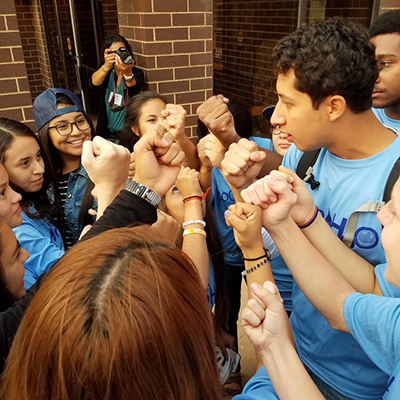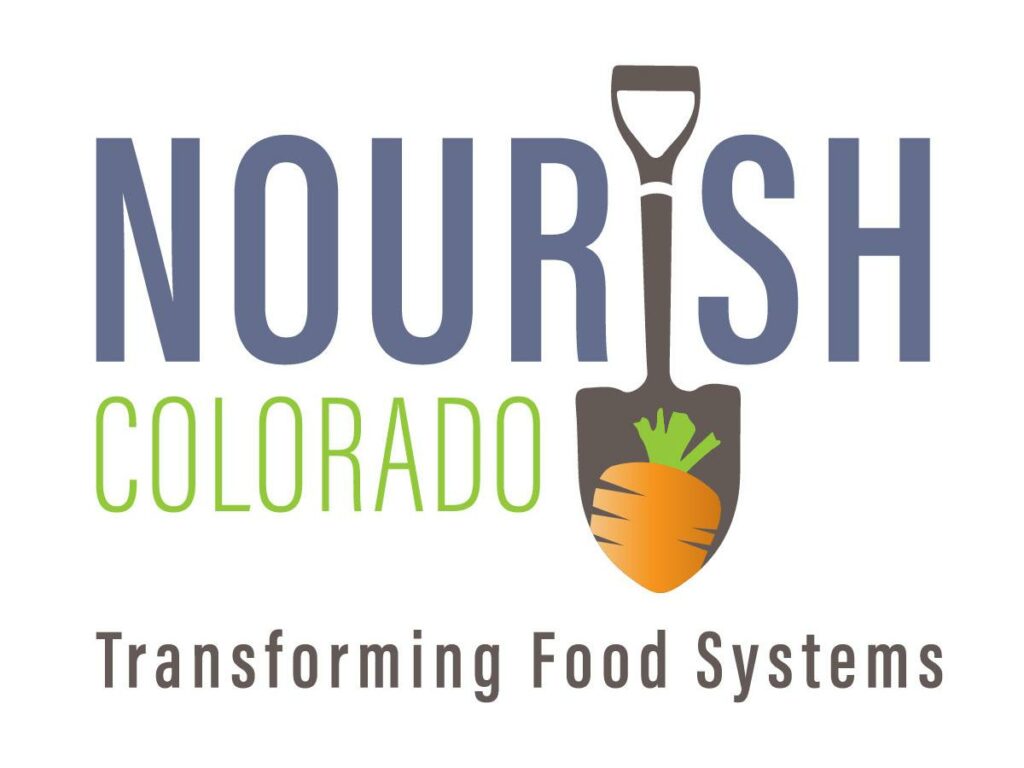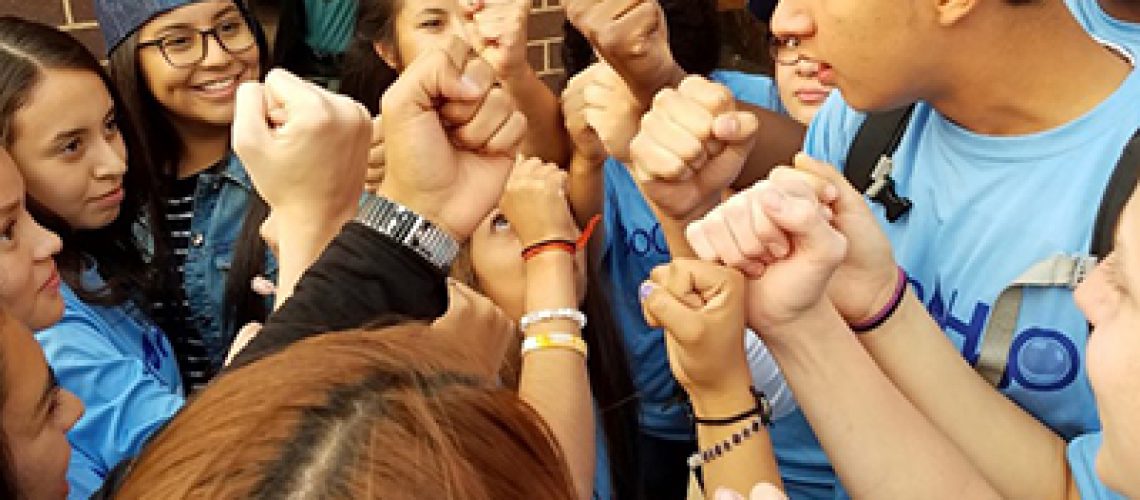Mobilizing Community to Win a Healthy Kids’ Meals Campaign
 Youth leaders can successfully affect policy change. That’s what a group of middle and high schoolers from Lafayette, CO demonstrated to attendees at LiveWell’s 2017 HEAL Summit. Their incredible leadership was on display, not just in the success story they shared but also in the role they played in presenting their story to a roomful of conference attendees and leading the facilitated discussion that followed.
Youth leaders can successfully affect policy change. That’s what a group of middle and high schoolers from Lafayette, CO demonstrated to attendees at LiveWell’s 2017 HEAL Summit. Their incredible leadership was on display, not just in the success story they shared but also in the role they played in presenting their story to a roomful of conference attendees and leading the facilitated discussion that followed.
What they accomplished
On October 17, the city of Lafayette passed an ordinance requiring that water be the default beverage on kids’ menus for all restaurants in the municipal boundaries. This public health tactic to reduce youth consumption of sugary drinks is the first such policy passed outside of the state of California. And more notably, the effort was led by youth. The Lafayette win serves as both a model for successful policy change and a model for youth engagement, which is why LiveWell selected this panel as a feature at the HEAL Summit, where it was shared with city, county and community leaders from across the state.
How they were successful
Youth empowerment: Meaningful policy change should always include authentic community engagement, and in this instance, the city’s young community advocated for themselves. Elaina Verveer, the Executive Director of the Empowerment Center of East County, is the Program Advisor to the Lafayette Youth Advisory Committee, and she empowers the youth to make their own decisions and participate directly in civic engagement. Tessa Hale, the Healthy Beverage & Food Advisor for Boulder County Public Health, explained that she had to present the topic to the Lafayette Youth Advisory Committee and it was up to them to decide whether or not to work on it. One of the youth remarked, “We owned it from the start.”
Awareness: Long before Lafayette City Council voted on the ordinance, the youth began by raising awareness of the issue. With a campaign called “BoCo for H2O”, the Lafayette Youth Advisory Committee (LYAC) spread the word about the health dangers of drinking sugary drinks and the disproportionate marketing of those beverages to children of color (BoCo stands for Boulder County). LYAC’s experience with that effort motivated them to move from outreach to advocacy and laid the groundwork to mobilize others in their community.
Personal stories. At the HEAL Summit, two of the youth – Ignacio Perez and Z. – each shared their personal stories about why the issue of sugary drinks was important to them, an example of a tactic they used in their advocacy efforts. Ignacio spoke about his grandfather’s battle with type 2 diabetes, and Z. read an original poem about drinking Coke. This storytelling compellingly advanced their cause in recruiting partners and speaking with elected officials.
Messaging: The campaign was framed as one of choice, rather than as a mandate for restaurants or as a limitation on parental decision making. For example, one of the outreach materials that LYAC developed noted, “Promoting Choice Promotes Health. The average family in the U.S. eats 4-5 meals at restaurants each week. Providing healthy default options on children’s menus in proven to lead to healthier choices without removing personal choice.”
Partners: The youth and adults involved in Lafayette’s Choice spoke about the important of coalition building, both within Boulder County and from state-level partners. LiveWell Colorado was honored to be one of their partners.
Challenges they encountered
While ultimately successful, the youth-led movement did encounter some challenges. In some instances, the youth did not feel like they were taken seriously. They were often asked, “Who is the adult in charge?” Additionally, they felt blindsided by a news article that was published after the Committee first introduced the proposed ordinance to the City Council in September. The article presented misleading information, which caused public confusion. Community members, for example, were concerned that Lafayette’s Choice called for a widespread ban on sugary drinks, as well as were often unaware that the ordinance was conceived by members of the Lafayette Youth Advisory Committee. While one member did submit a letter to the editor to correct the story, it was difficult to redirect the narrative. Finally, while most Lafayette restaurants were supportive of their efforts during their outreach campaign, there was one chain that initially opposed the idea, forcing the campaign to develop a strategy to counter potential opposition in front of the Council. Fortunately, that opposition never materialized – but the group was ready!
Lessons for other communities
LYAC highlighted a few takeaways for other communities to keep in mind in their own healthy beverage policy efforts:
- Difficult for industry to oppose when the choice is still there
- Focus on children and engage youth leaders
- No cost to restaurants, consumers
- Supports parents
- Can support other city HEAL initiatives
- The science supports it; 90% of voters in the United States think it is important to increase healthy food options on children’s menus at restaurants.
- Emphasis on coalition building

